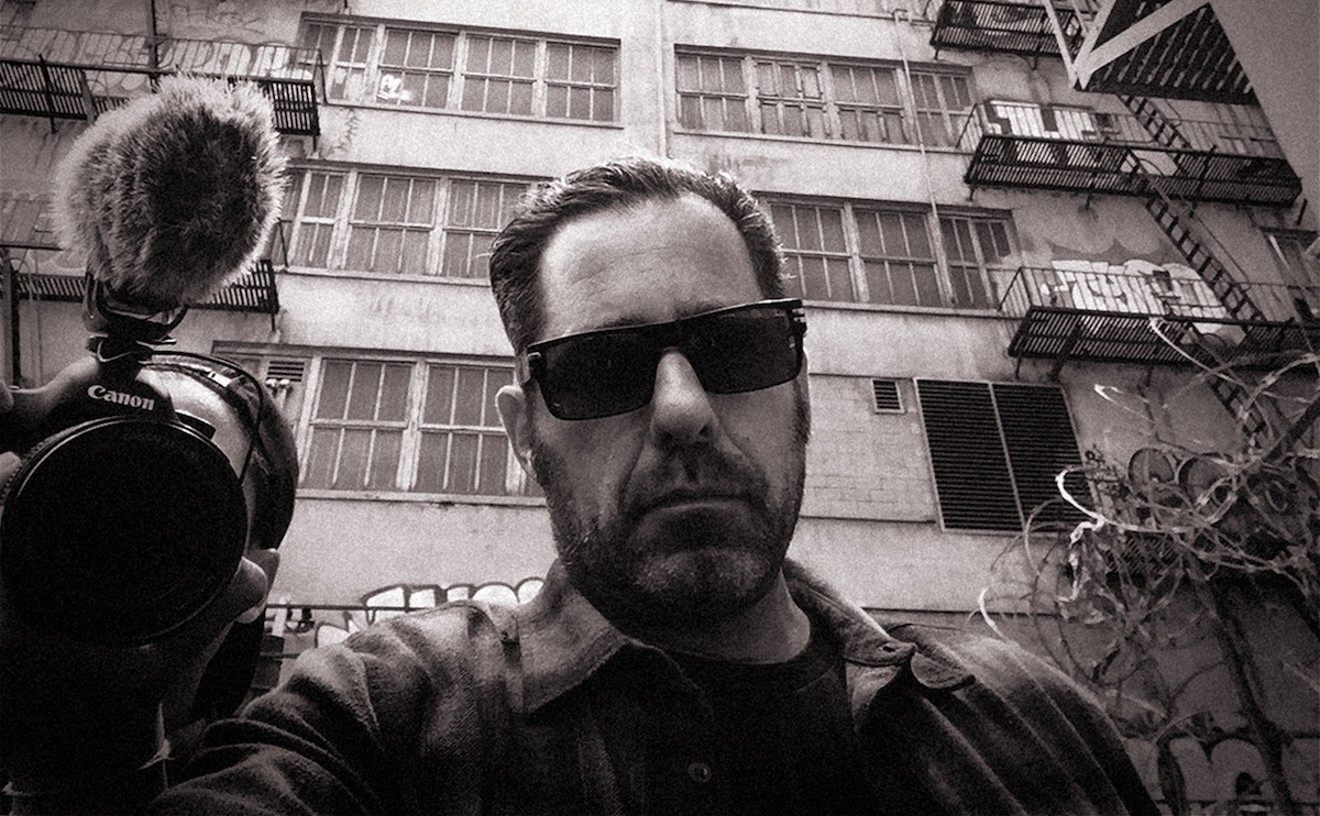It's great to be the smartest guy in the room if you're a president, economist, or engineer. It's less than great if you're Baruch Spinoza — the pioneering 17th-century Dutch philosopher, Enlightenment thinker, and pantheistic provocateur behind the seminal tome Ethics.
Today you'd catch him polishing off carafes of kombucha with Deepak Chopra and Wayne Dyer.
tweet this
That's right. It sucks to be the smartest guy in the room when you're centuries ahead of your time. Born a Portuguese Sephardic Jew, Spinoza was part of a faith that believed God himself wrote the Bible, personally dispatched it to Moses, and intervened in peoples' lives until they ascended to Heaven or burned in a lake of fire. But he was denounced at age 23 as an enemy of Judaism and, by extension, the very foundations of Abrahamic faith.
But the stuff he was writing — about God and nature being the same thing, about the nonlocal consciousness of the mind, about love's transcendence — would earn him a spot today on Oprah Winfrey's Super Soul Sunday. You'd catch him polishing off carafes of kombucha with Deepak Chopra and Wayne Dyer at new-age conferences.
At least that's how Spinoza comes across as played by Abdiel Vivancos in GableStage's stimulating production of David Ives' New Jerusalem, a fictionalized account of the real interrogation the philosopher received at Amsterdam's Talmud Torah Congregation in 1656. Spinoza is free for just one scene in New Jerusalem. Then he is summoned to appear before a Christian civic leader (Stephen B. Anthony), a ranking member of Talmud Torah (Gregg Weiner), and ultimately his rabbi/mentor (Larry Bramble), where he is forced to defend himself against charges of atheism while facing a possible penalty of excommunication.
Ives used colloquial language to write this play about a complex heresy trial. Asked what he talked about with his shiksa girlfriend, Clara van den Enden (Hannah Benitez), Spinoza replies, "Love, God, eternity — the usual." Even his asides and off-the-cuff musings are tweetable epigrams.
Ives seems to suggest Spinoza was to philosophy what Mozart was to music — a brilliant, youthful disrupter. And he's given the philosopher dialogue that's so unabashedly lyrical that if it came from anyone else, it would seem purple and pompous. But it rolls off Vivancos' tongue with ease, beauty, sly humor, and the confidence of someone who knows he's right. When he discovers a cutting analogy to dismiss the theories of Aristotle and Plato in one fell swoop, he does so with a half-stifled chuckle of amusement, à la Sheldon on The Big Bang Theory.
Vivancos' performance is rife with quippy statements to complement a captivating embodiment of one of the original enfants terribles. Spinoza was a thinker who railed with fashionable impudence against the religious majority but ultimately strove to shift global paradigms for the better. After seeing this show, you won't be able to resist Googling Spinoza's name.
The other characters act as surfaces off which Spinoza bounces his philosophies with varying degrees of resistance. Weiner and Anthony are dependably excellent as authority figures for their faiths, carrying themselves with lawyerly tact until both are driven to frothing outbursts by Spinoza's increasingly confrontational views. As the head rabbi, Bramble stammered too much in the first act and seemed to grasp for some of his lines, but by the end, he delivered an agonizing performance, capturing the holy man's intimidating heft as well as his emotional fragility.
No less illuminating in smaller parts are Benitez, who finds star-crossed tragedy in Clara; Javier Del Riego as Spinoza's roommate with a secret; and Natalia Coego as Spinoza's blustery, pious half-sister, a role that finds her virtually reprising her breakthrough turn in GableStage's Bad Jews just a few months ago.
The format of New Jerusalem is similar to that of a modern courtroom drama (albeit one in which the verdict is pretty much rigged). Director Joseph Adler paces the action accordingly and invisibly — points and counterpoints fly with the rat-a-tat-tat excitement of a machine gun. Adler's direction is breathless but easy to follow, at least inasmuch as Spinoza himself was easy to follow, and the first act is over before you know it.
What's interesting about the second act isn't so much the ending; given the machine of oppressive religion that drove society at the time, it can't be a spoiler to reveal it's a downer for our friend Spinoza. What elevates this play are the dramatic reversals that three of the supporting characters undergo in their worldviews simply by listening to what Spinoza has to say.
Historically, Ives may be a Pollyanna searching for silver linings in a rotten situation. But don't be surprised if you evolve along with the characters, because ideas that initially seem written by a crackpot guru end up sounding like rational ways to reconcile God with the natural world — they're certainly better than the alternatives offered by the organized religions. New Jerusalem is about reason, faith, and intolerance, but it is most profoundly about how persuasive arguments can enlighten minds. Isn't that what we look for in any great play?










